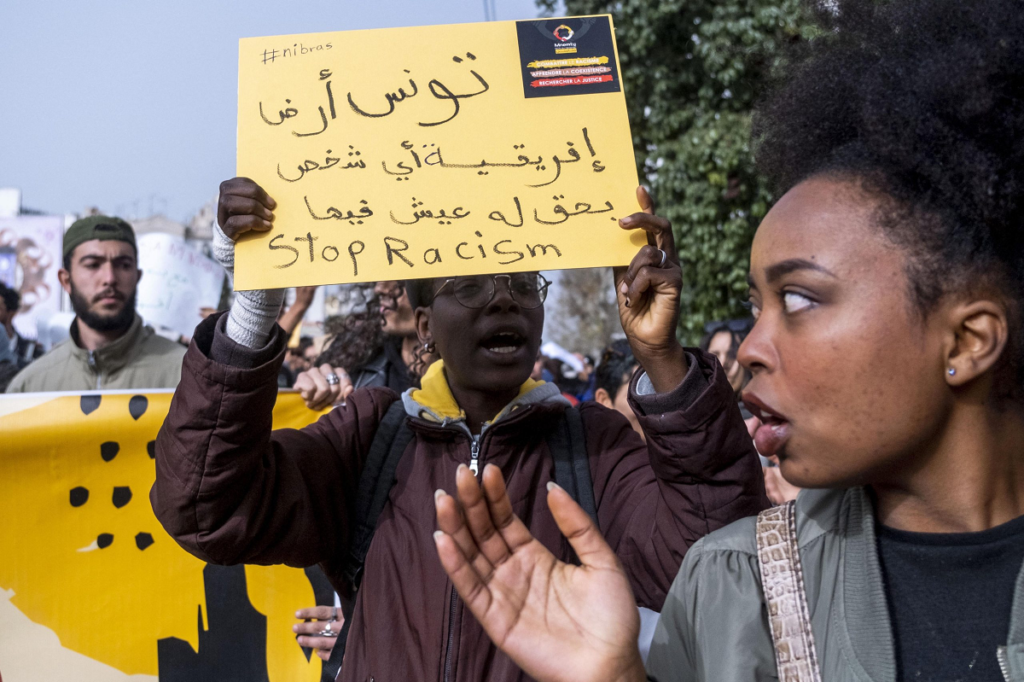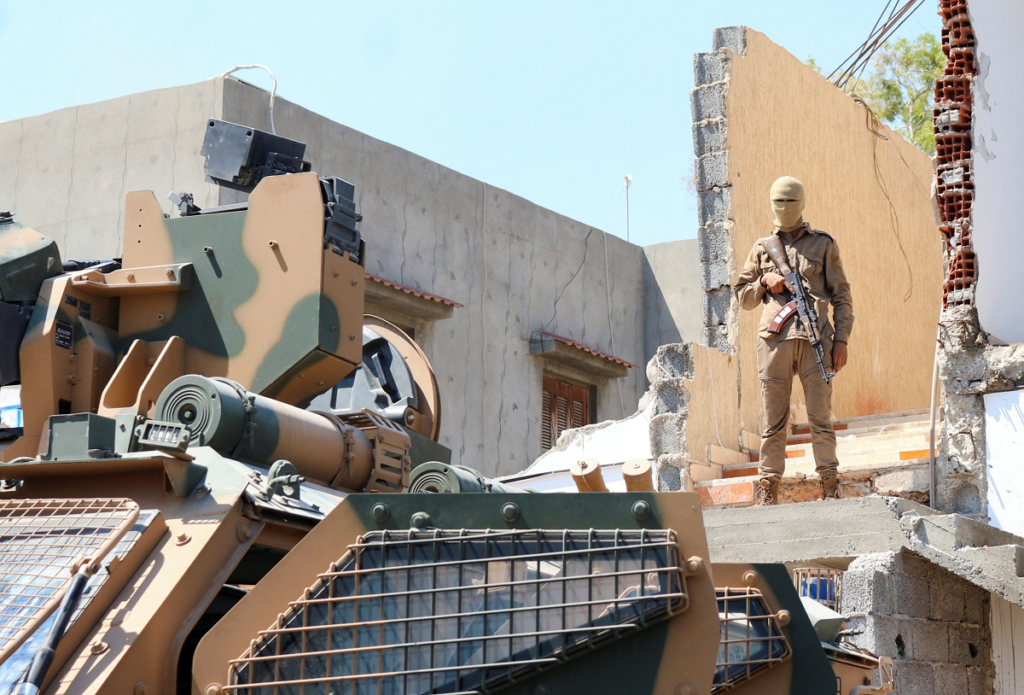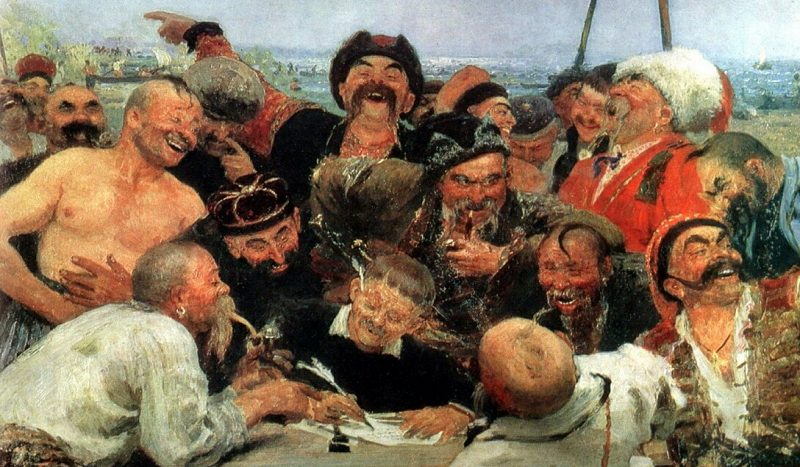Sudan and the New Age of Conflict

How Regional Power Politics are Fueling Deadly Wars
For the past year, much of the world’s attention has been focused on Russia’s invasion of Ukraine and rising tensions between the United States and China over Taiwan—flashpoints that could trigger direct or even nuclear confrontation between the major powers. But the outbreak of fighting in Sudan should also give world leaders pause: it threatens to be the latest in a wave of devastating wars in Africa, the Middle East, and South Asia that over the past decade have ushered in a new era of instability and strife. Mostly because of conflicts, more people are displaced (100 million) or in need of humanitarian aid (339 million) than at any point since World War II.









